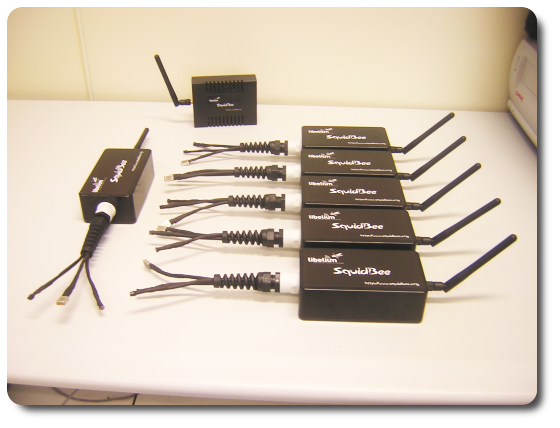“You might call us naïve, but we’re looking at changing the world,” Cisco CEO John Chambers told journalists at the Internet of Things World Forum in Barcelona yesterday.
That’s a big, hairy audacious goal which sounds feasible when the company estimates 50 billion devices will be connected to the net by the end of the decade in an industry worth 14 trillion dollars.
Given the size of the market there’s a concern that different standards will affect the industry.
One objective of Cisco holding its event in Barcelona was to start the process of creating standards around the connected devices as the company’s futurist, Dave Evans, pointed out that getting WiFi standards agreed early meant the technology was quickly accepted as users could be confident of their systems talking to each other.
Regardless of the standards adopted, the Internet of Things is already growing with industries from mining to logistics connecting their equipment. This is improving productivity and speeding up the supply chain.
The effects on industries promise to be huge.
Chambers’ message to CEOs was blunt, “by the time it’s obvious you have to move, it’s too late. Have the courage to think big. Have the courage to take risks.”
For Cisco the Internet of Things is probably not a risk at all, as the company that dominates the market for the equipment that is the plumbing of the net will almost certainly profit greatly from the adoption of connected equipment.
Other businesses won’t be in such a good position as their industries change and it’s worthwhile listening to Chambers’ advice.
